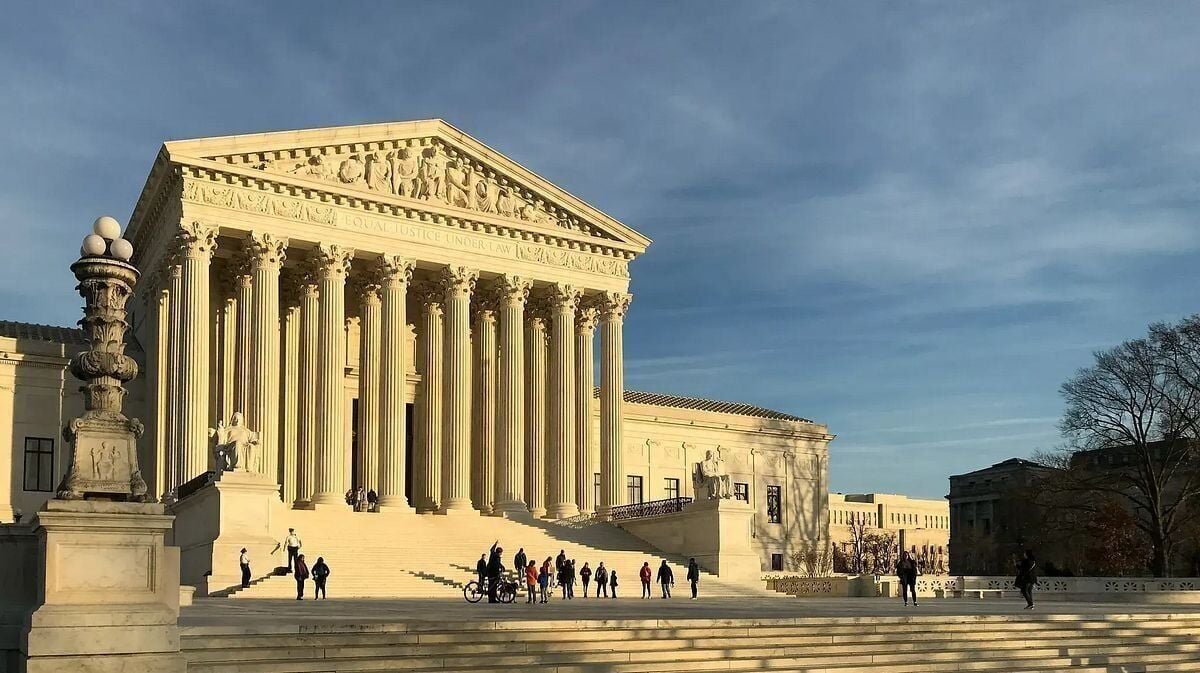Michigan’s PFAS drinking water limits have been dealt another blow by a state appeals court, which again struck down the regulations in a split decision. Despite the continued legal challenges, regulators argue that the viability of the overall litigation remains intact.
Michigan Regulators Weigh Legal Options After PFAS Rules Struck Down
Key Takeaways:
- A state appeals court annulled Michigan’s PFAS drinking water limits in a split ruling.
- The decision followed a remand from the Michigan Supreme Court.
- Regulators insist none of the procedural issues undermine the litigation’s fundamentals.
- Officials are considering legal strategies to reinstate the drinking water rules.
- The case highlights the complexities of environmental rulemaking in Michigan.
Regulatory Setback in Michigan
Michigan regulators are weighing their legal avenues after an appeals court, in a split decision, once again struck down the state’s PFAS drinking water limits. According to the ruling, none of the procedural questions previously raised by the Michigan Supreme Court were sufficient to guarantee the regulations’ survival.
The Split Decision and Supreme Court Remand
This latest ruling stems from a remand by the Michigan Supreme Court, which had vacated an earlier decision. Despite that procedural twist, the appeals court reaffirmed its stance that the PFAS regulations could not stand. The split nature of the court’s opinion reflects persistent disagreement among judges over the regulations’ legality.
Evaluating Water Policy and Public Health
PFAS, or per- and polyfluoroalkyl substances, have been a concern due to their potential effects on environmental and human health. Michigan’s now-invalidated regulations sought to limit these chemicals in drinking water. Although the court has overturned them—for the second time—state officials maintain that these measures are vital to protect Michigan’s residents.
Regulators’ Legal Path Forward
Moving forward, Michigan regulators intend to explore additional legal options to uphold strict PFAS standards. They argue that the litigation itself remains viable, given that the court has not disputed the importance of safeguarding public health. While the immediate path is unclear, the state’s determination to address PFAS contamination remains evident.











